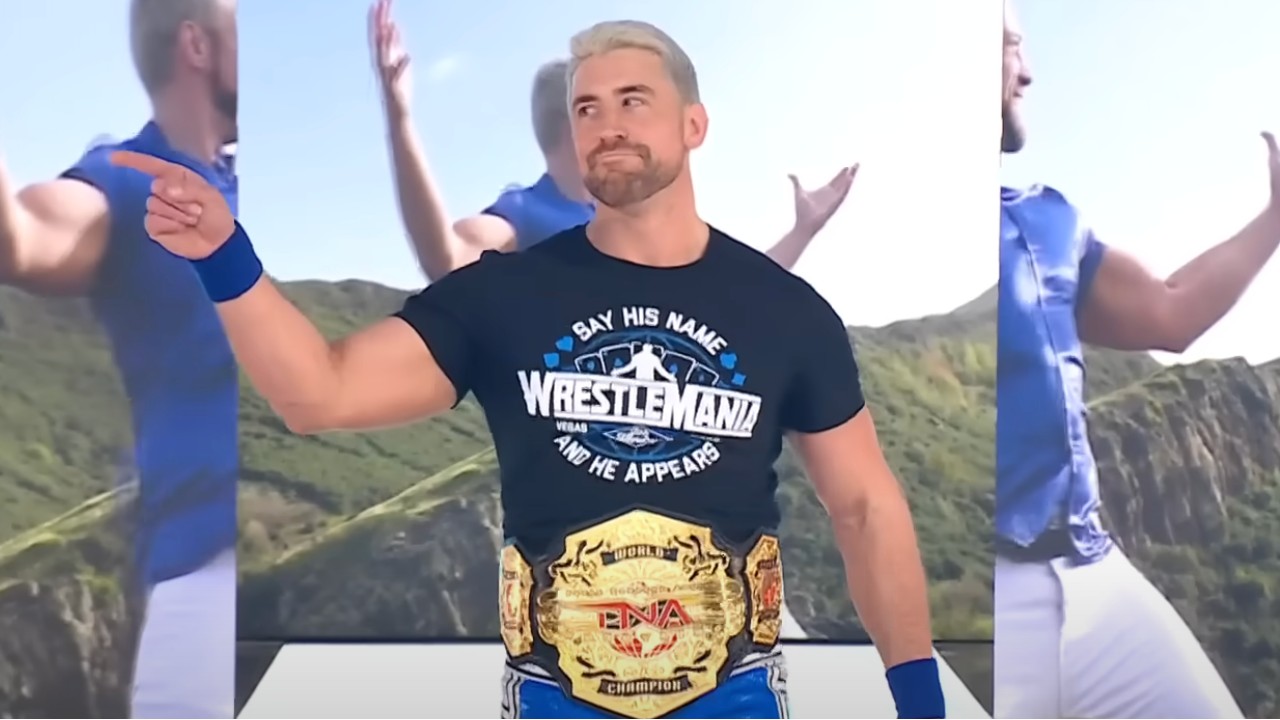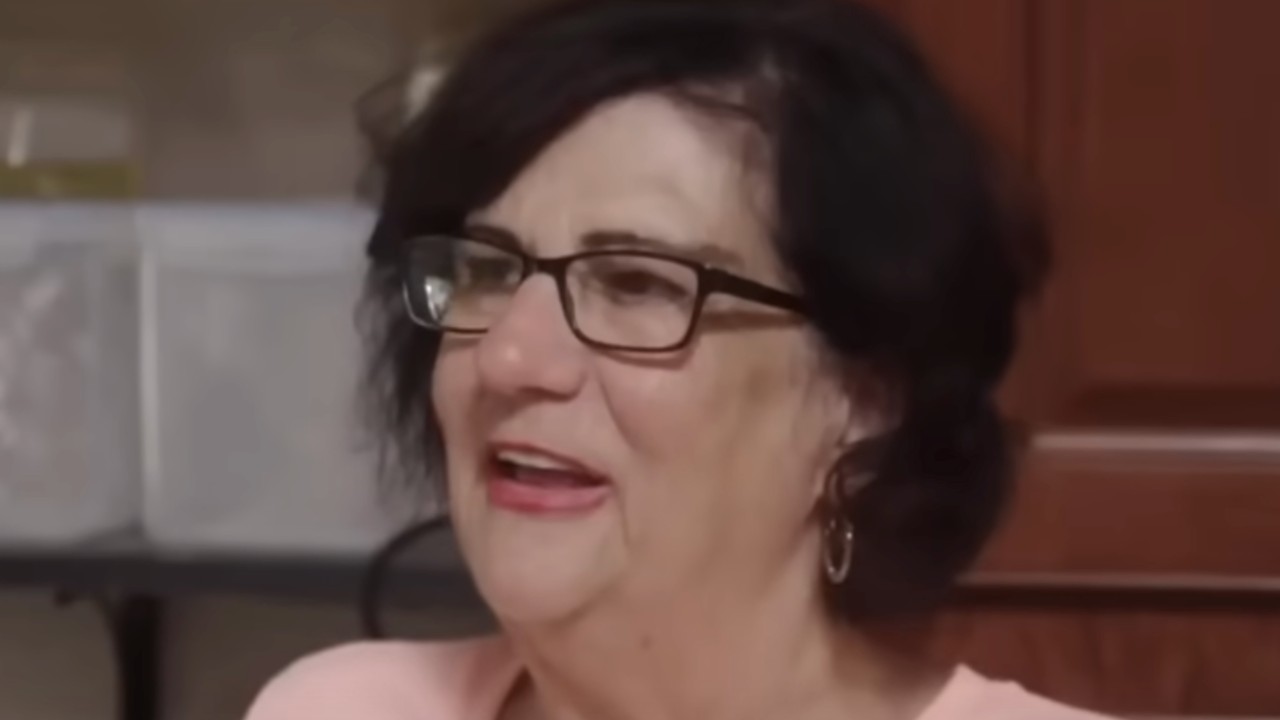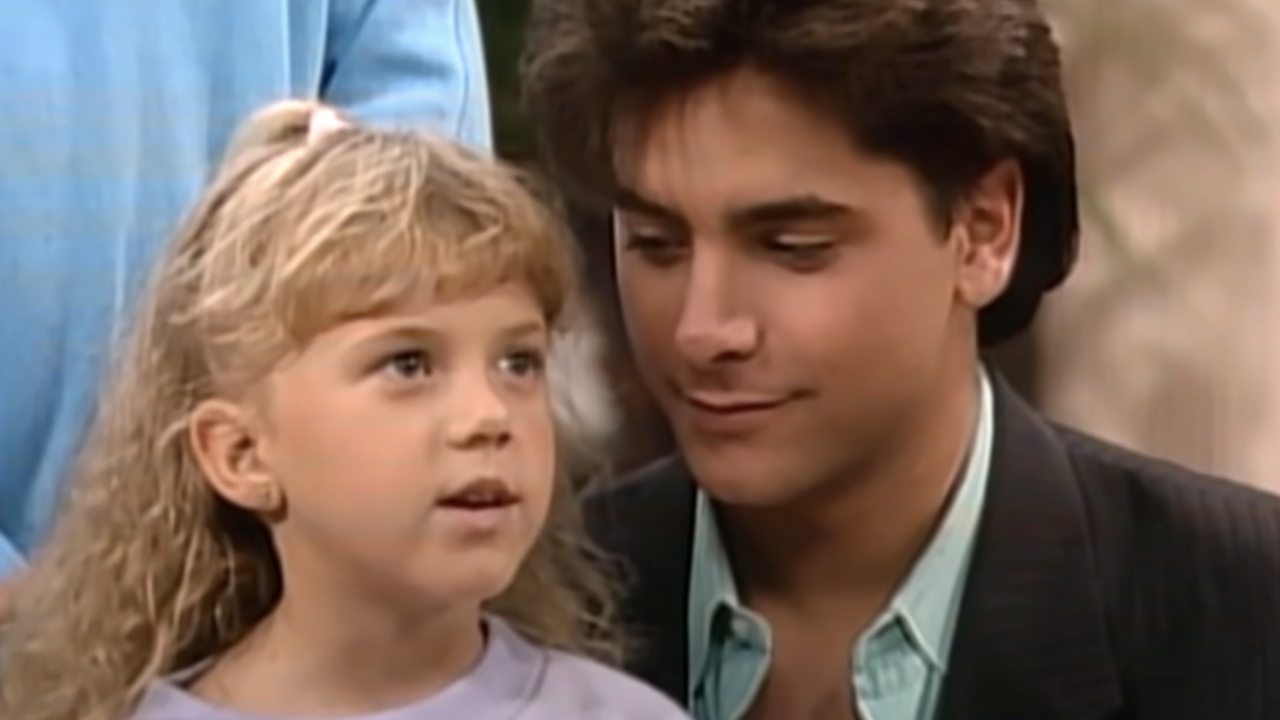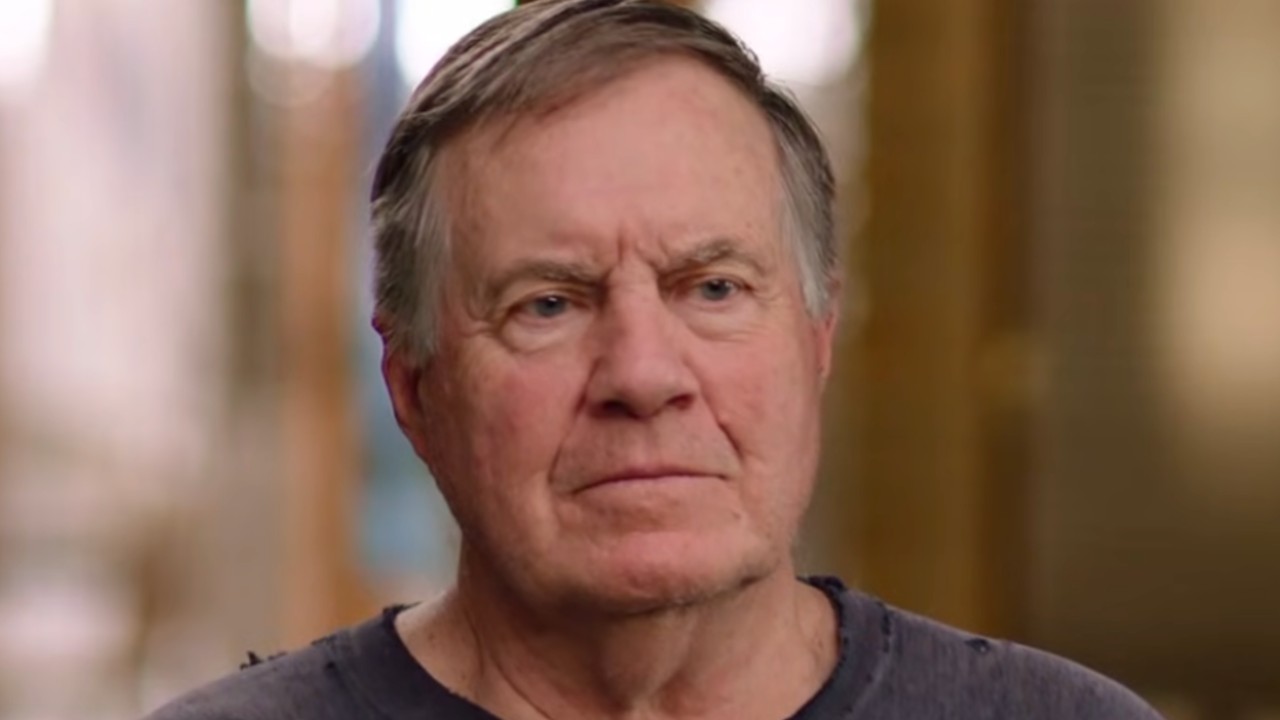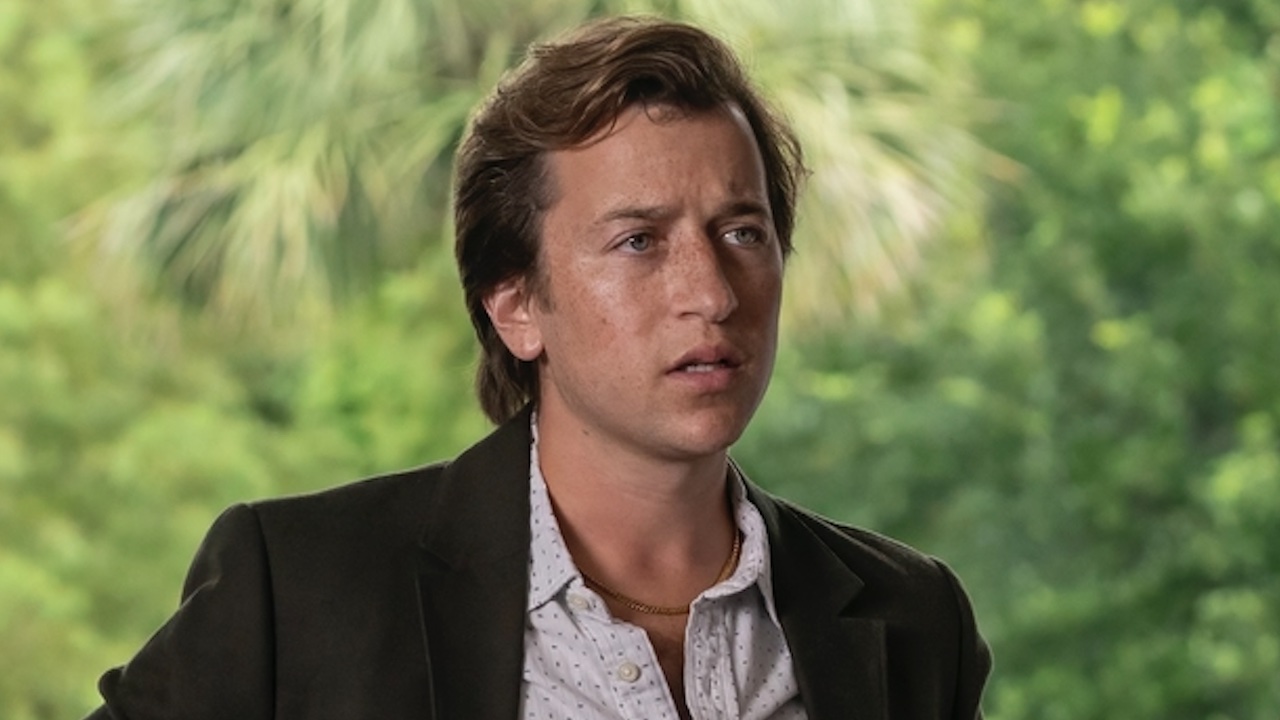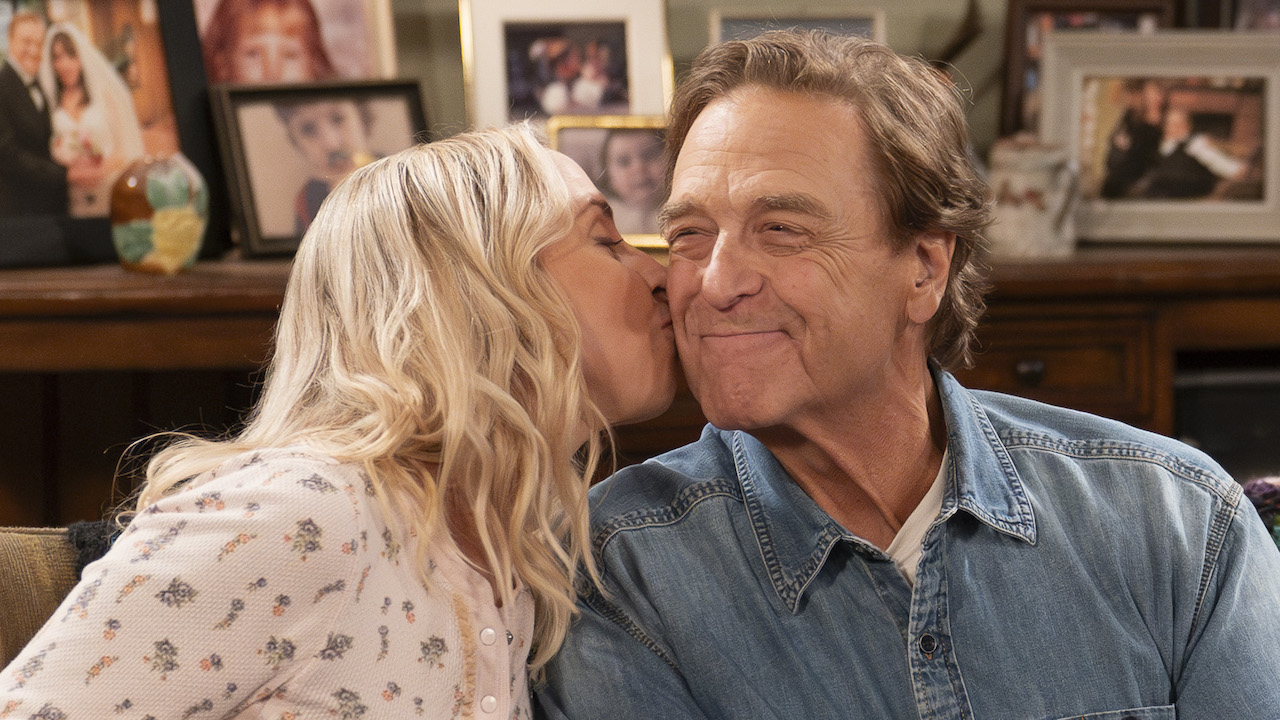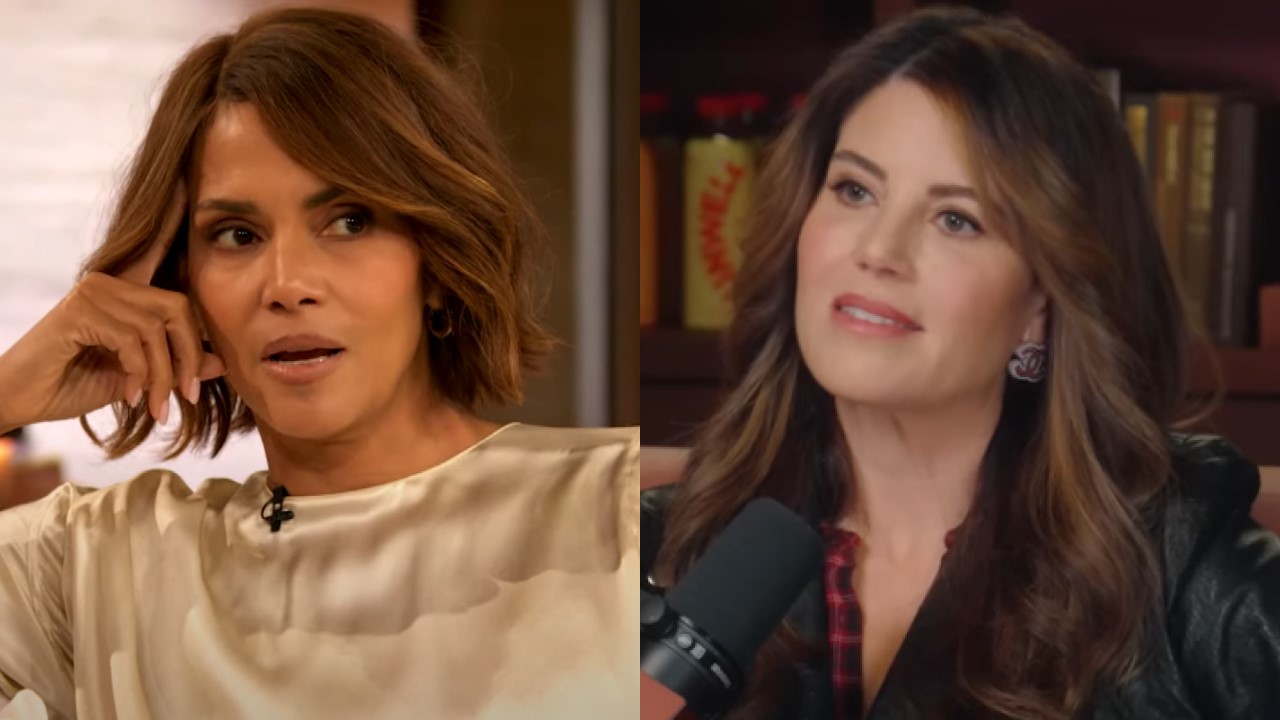AFI Dallas: Q And A With Noise Director Henry Bean
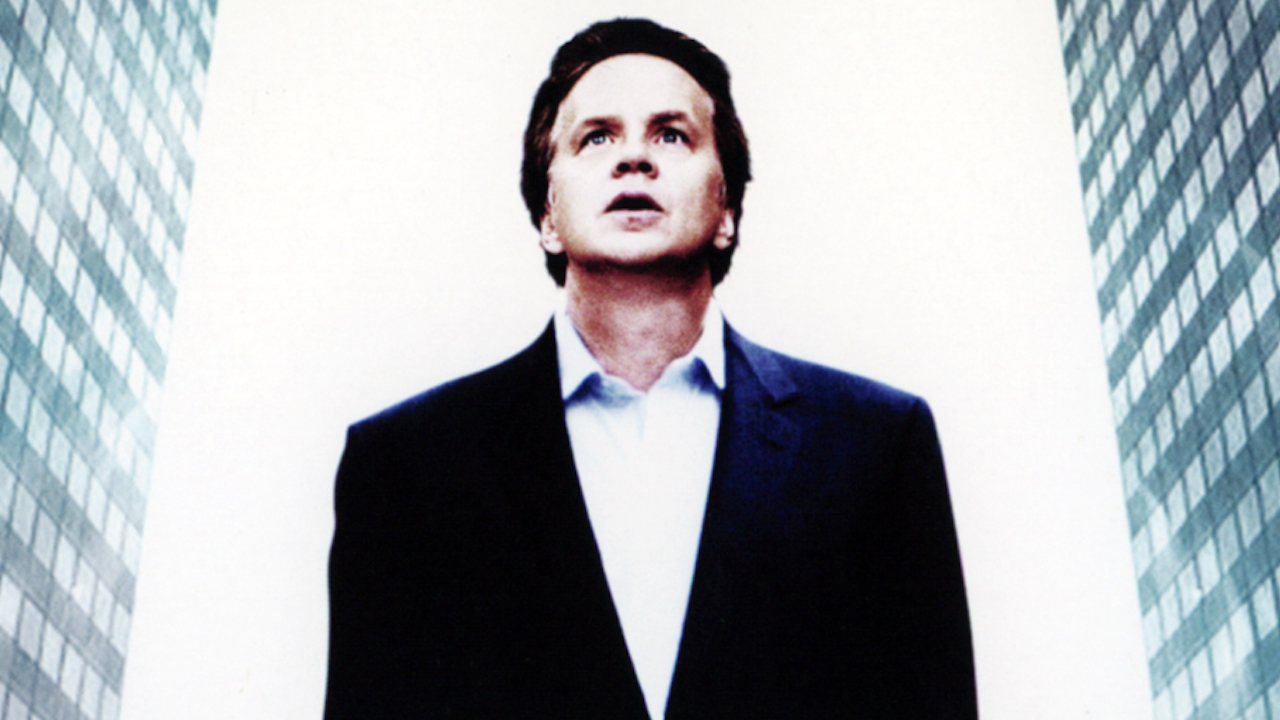
Writer/director Henry Bean isn’t exactly an imposing figure, but he strode in front of the audience after the first packed showing of his new film Noise at AFI Dallas with confidence. The applause was deafening. His movie is a crowd pleaser, as any movie with Tim Robbins turning vigilante on annoying car alarms is bound to be. But there’s more to both the movie and Henry than means the eye.
Bean stood in front of the audience as long as the AFI’s festival shepards would let him, and his answers revealed not only a lot about the movie, but about his point of view as well. If you haven’t already, read up on his new movie via our review here, then check out what he has to say about it below:
Henry: This story was generated by some incidents that I did that were a little bit like very small versions, (audience laughs) but those last off camera lines from the policeman, the two cops, the male and female cop where they go “what’d this guy do?”..”he broke into a car the alarm was going off”…”Jesus Christ, what’d we do if everybody did that?” “If everybody did that, people would turn off their damn alarms”. Those lines were spoken exactly by two New York cops who I couldn’t see when I got arrested in the 24th Precinct. (audience laughs)
Q: This is the second time we’ve heard about, you refer to the story that we actually haven’t heard about?
HENRY: Yeah, I did get arrested exactly the way he got arrested, and in fact we shot it where I got arrested, right outside my former building.
Q: What were you doing?
HENRY: Well I was breaking into a car whose alarm was going off for about 5 hours, (audience laughs and claps) and folks already trashed it on the street, and somebody called the police just as I got there and I got arrested, and the two versions where he says this is what I should have said, I mouthed off in exactly the way, not exactly the way, but I got myself arrested when I didn’t need to. If I’d have been smart, I would not have been arrested and this movie wouldn’t exist. (audience laughs)
CINEMABLEND NEWSLETTER
Your Daily Blend of Entertainment News
Q: : So was making this film somewhat of a catharsis for you?
HENRY: Well, I was really trying to take that…and I stopped. I was actually represented in my court appearance by a young lawyer who was just out of the prosecutors office, whose name was Elliot Spitzer, (audience laughs) who told me he was going to run for political office…um, and when I made the film I called up and talked to him and offered him to play the part of the lawyer and he said “I’d love to do it, but I’m just too busy with my schedule”. (audience laughs)
Q: : He is very busy. (audience laughs) Can you tell us a little bit about this film and its place in your trilogy?
HENRY: Yeah, this is the second film I’ve made and it’s the second part of what I imagine is a three part fanatics trilogy. (audience giggles) Uh, the first one was a film called The Believer, which was a film about the tragedy of a religious fanatic and this is a comedy of a political fanatic and then the last film…I can’t tell you what turn it will have, but it is about an artistic fanatic, a musician actually.
Q: : One clue?
HENRY: One clue? I, uh, literally, the truth is I have the rights to make an adult, live action version of Horton Hears A Who, (audience laughs) I know, I really do have the such rights, I bought them.
Q: Up until now were you trying to show how you might say, well that guy’s crazy….until we’re in that situation ourselves?
HENRY: The question is…um, was I trying to show how we might look at a vigilante and think that guys crazy until then we’re put into that position ourselves and then he doesn’t look so crazy? Uh, well I was interested in somebody who was committing civil disobedience and I was sympathetic and even though I thought, you know what interested me was to take somebody who was obsessed with a problem that everybody else thought was trivial. It had a real value but it was triv…it seemed silly given all the things there are to worry about and yet he couldn’t stop worrying about that. And I was excited by the possibility that somebody who…when he knows that for a certain thing is trivial and yet he can’t stop. And that…people have arguments with the world, when I say a fanatics trilogy, I’m interested in people who have arguments with the world, about what’s real and what’s important and so to that extent yes, I guess.
Q: Would you consider making Tim Robbins’ play Embedded into a movie?
HENRY: Would I consider making Tim Robbins’ play Embedded into a movie? Um, I don’t know that I…I’ve almost rarely work with somebody that I didn’t write myself, so maybe once or twice I might do it, but not usually, so probably not.
Q: What was is you spoke at the very beginning that there were parts that might not seem like they fit? What to you were those parts?
HENRY: Well, I’m not going to answer that. (jokes) (audience laughs) To me it all fits, but I know that some people might feel that certain things don’t fit, there’s one scene in particular that people often think doesn’t fit. (audience laughs) and the reason for that scene is a friend of mine, a woman had that conversation, she wasn’t in that situation, she was in a Russian bath and another woman and she began to have a conversation about the aesthetics of vaginas, and when I heard this story it excited me to no end because I thought…(audience laughs) ok, wait, wait, wait, (audience claps and laughs) because I thought, what a miracle that you can talk about that. And I thought, the fact that you can have a conversation about that, is to me, like an almost an image of freedom. And I got stuck with the fact that I had a point of view that didn’t allow me to have that conversation, a scene without Tim, I didn’t have a point around it, so I couldn’t do it, so I had to concoct the aftermath to a threesome. In a way I would have loved to have had it without him present, with just the women, um, but just talking, it’s about frank conversation about something that doesn’t get talked about, and in a way, I thought, that’s freedom and that’s the world that I’m imagining we might someday get to.
Q: What does that have to do with noise, how does that connect to it?
HENRY: That’s a good question…she says, how does that have to do with noise? Because, well I don’t know what it has, does it have anything to do with noise for you?
Q: I couldn’t actually understand exactly what the actress said at the very end, and I was almost thinking maybe she was saying some of it is just noise. I don’t know.
HENRY: She says that her obsession with beast versus God, that the human being, beast versus God, that her obsession with the beauty of her vagina is an idealism that’s not unlike his own sense that the world ought to be quiet. When you’re trying to life us into that silence of the heavenly choirs, I’m trying to produce a beauty of the body. She’s trying, she’s saying, just like the guy with the manhole cover, so many people in this movie have their particular fetish or the thing that their obsessed with and that they have to make right. They have to make things right. You know, the original title for this was the rectifier, he calls himself the rectifier, you know, to make something right, and so that’s in a way the fanatic connection to this.
Q: What percentage would you say of the budget went into wrecking cars? (audience laughs)
HENRY: Uh, what percentage of the budget went into wrecking cars? Relatively small, the cars we wrecked frequently didn’t have engines, uh, or, but not only that but the other side that you did not see was all caved in, we had 3.4 million dollars to make this movie, I, we didn’t spend 100 thousand dollars on cars, if we spent 50 thousand I’d be surprised.
Q: I love scripts, and a lot of what you put something into the script and it draws me into it, into the film and I’m the father of a daughter and when that little girl said “is that why they call them sirens” I loved it, that was the best and I congratulate you on it, how did you get that line?
HENRY: Yeah well I didn’t write that line, um, I had written some other line and when Tim and Gabrielle were rehearsing that scene, Tim said “this doesn’t work… maybe” cause he knew the other scene about the, when they read the version of the Odyssey, he said “maybe we can use something out of that” and we just played with it and it just came out of that, it came out of rehearsal. It really, I completely agree with you…I think that’s a terrific line and it feels real in a way that only comes out of that kind of play.
Q: It’s what a daughter would say to a father.
HENRY: Yeah, exactly, and Tim’s very much a father and knows that.
Q: Do you think we’re getting more and more OCD? Are we all kind of jumping on the bandwagon? Like a person can be with religion?
HENRY: Well, I don’t think that obsession is like Obsessive Compulsive Disorder, I think there’s something different there, I think that there’s a desire to live inside, I don’t know how to put this exactly, I think that we like to have obsessions, we like to have one thing that preoccupies us and it speaks to every…religion in a sense is like that, in reality which trumps all other realities, um which I think is very appealing and very limiting, so yeah, and I hope the movie is not obsessive, the character is obsessive, but I hope the movie is not.
Q: How was the cast selection?
HENRY: How did I cast it? Well I cast Tim because I liked his work, and he liked the script and it was like the anchor to the wall of the casting, um, everybody else I cast through uh, not everybody else, almost everybody else I cast through auditions, Richard I cast in auditions, uh, Margarite, and William Hurt I didn’t cast in audition, I wanted William Hurt because I loved his work and ah, I just submitted the script to him and he liked it, a few people in there were friends or relatives or were in my other movie and so I cast them off of that, but the rest were all through auditions.
Q: Was that horrible wig for William Hurt’s character, was there on purpose for his portrayal of that particular character?
HENRY: William Hurt, yes indeed, the wig was William Hurt’s idea and William Hurt paid for it, because we couldn’t afford to pay for it (audience laughs) and that crazy juror, that little crazy juror, that’s my wife wearing another crazy wig. (audience laughs)
For all of our AFI Dallas festival coverage, click here


